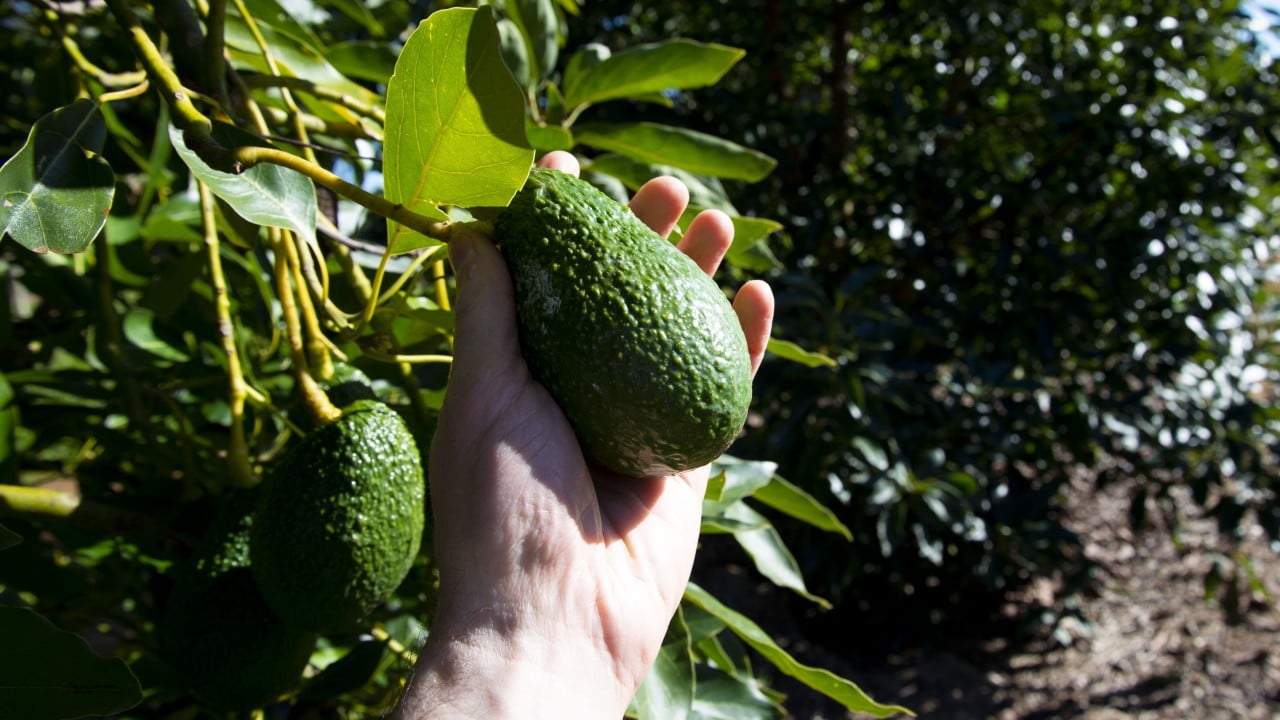
“And once we’re on the negotiation table, we can probably try and see if we can do more to push things along.”
China has strict sanitary and phytosanitary standards for fresh produce, often leading to long delays in negotiations over agricultural export deals.
We need to demonstrate to our government that avocados are worth investing in
According to Avocados Australia, the advocacy group for the Australian avocado industry, Canberra is also trying to negotiate access for apples and blueberries into the Chinese market, while Beijing is trying to get its jujube, or red dates, and kiwi fruits into the Australian market.
“Avocados can be the next product to be negotiated for access to China,” Tyas added.
“We need to demonstrate to our government that avocados are worth investing in [because] it’s a very large and growing industry in Australia [that] employs a lot of people.”
And on Thursday, it was reported that China had lifted bans on imports from five major Australian beef processing facilities.
The Queensland-based Avocados Australia advocacy group signed a memorandum of understanding with the China Entry-Exit Inspection and Quarantine Association in November, which ensured comprehensive information sharing to facilitate market entry.
Queensland produced 65 per cent of Australia’s avocados in the 2023 financial year up to September, official information from the state’s government showed, with China its largest export market valued at A$23.7 billion (US$15.8 billion).
Tyas said that the industry body and Australian exporters would visit Yunnan province later this year, where they would meet Chinese wholesalers, importers and retailers to obtain an understanding of opportunities in the market.
“We’re also going to attend the China International Food Expo in Shanghai by the end of August,” he added, with the focus on first-tier cities, including Guangzhou.
In China, the southern provinces of Yunnan and Guangxi grow avocados, Tyas noted, as well as the island province of Hainan.
I think China will always struggle to meet the demand that we’re expecting to come in
According to figures from China’s customs administration, export and import volumes of avocados surged by 310.47 per cent to 65,600 tonnes between 2015 and 2023, while the total trade value rose by 234.99 per cent to US$106 million during the same period.
“It will grow over time. I think China will always struggle to meet the demand that we’re expecting to come in,” Tyas said, with China also needing to rely on imports to satisfy its needs.
Japan had been the largest avocado consumer in the Asian market, but “China has now superseded them,” explained Tyas, who added that Australia mainly exports avocados to Hong Kong, Singapore, Malaysia, Thailand and India.
South Africa had been preparing to ship its first batch of avocados to China in April after Kenya and Tanzania.
Peru, Chile, Mexico, the Philippines, Colombia, New Zealand, Vietnam and the United States also ship avocados to China.

